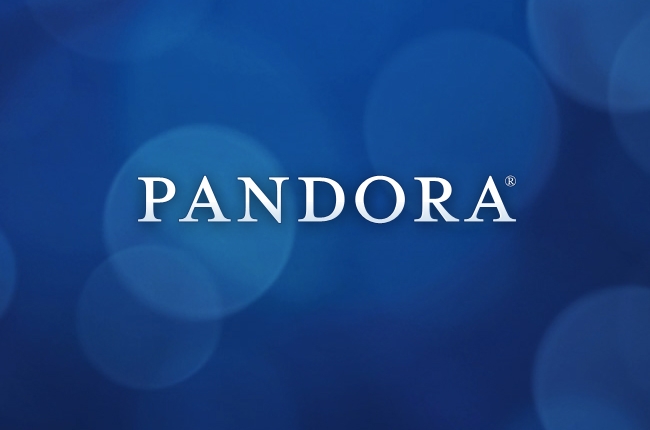
No music startup has generated an operating profit in 20 years. Not Pandora, not Spotify.
The largest cost and greatest obstacle for music-streaming services like these is the the cost of the music they play, while prioritizing growth over profitability. Spotify pays out 70-80% of its revenue to rights holders for its on-demand service, and Pandora about 50% of its revenue for the radio-like service it currently offers.
But music startups all across the board are struggling. More than half of 2013’s most promising music startups no longer exist.
Why are music startups struggling to thrive, or even simply survive?
 In this episode, we examine several perspectives to understand why the space for music startups is so
In this episode, we examine several perspectives to understand why the space for music startups is so
unforgiving, and what music startups can do to be successful.
Cortney Harding, a digital music consultant, discusses the recent slowdown in the music startup space. Edward Ginis and Brady Brim-DeForest, share of the bootstrapping approach that’s worked for OpenPlay. David Pakman of Venrock explains why his firm has never invested in a digital media company, while Jon Vanhala, formerly of Universal Music and now at Crossfade Partners, offers insight into who can be blamed for the fact that music startups are finding it so hard to make money. But it’s not all bad news. Music isn’t going away, it’s an essential aspect of the human experience. Our episode concludes with Michael Dorf, who tapped into the value of the live music experience and his own love of wine. Michael is generating more profit than he ever did in the digital music business while operating and growing his City Winery locations across the country.
As always, you can listen to the new episode above via Soundcloud, or you can find it on iTunes, YouTube, and Stitcher.






